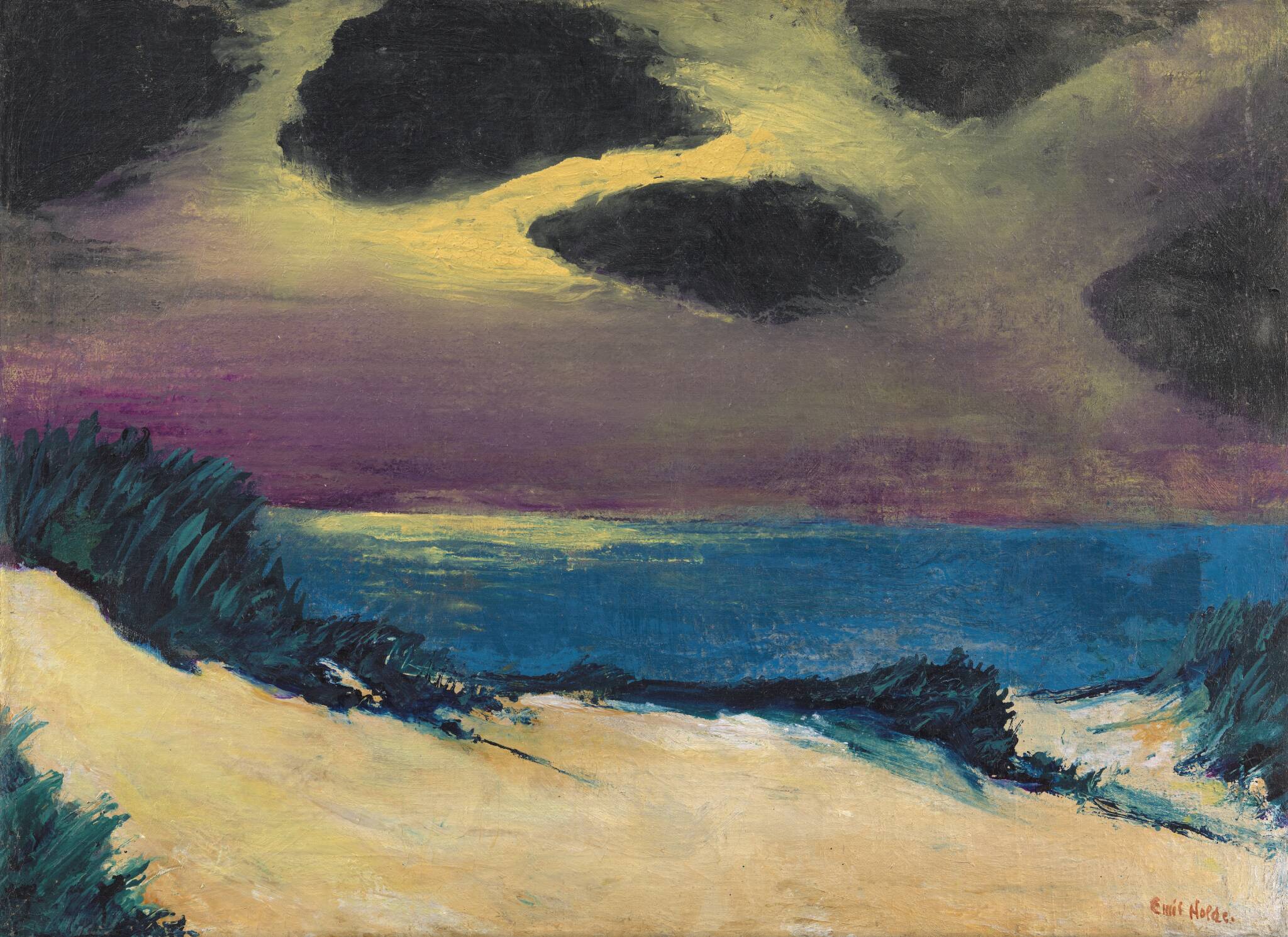- Unknown label,
D. H. Lawrence, An Islander and the Sea
35th International D. H. Lawrence Conference
Published on January 10, 2022 – Updated on February 18, 2022
7-9 April 2022 CALL FOR PAPERS

I am the sea! I am the sea!
(D.H. Lawrence. “Mana of the sea”)
The sea is a cosmic element, and the relation
between the sea and the human psyche
is impersonal and elemental.
(D.H. Lawrence. “The Two Principles”)
(D.H. Lawrence. “Mana of the sea”)
The sea is a cosmic element, and the relation
between the sea and the human psyche
is impersonal and elemental.
(D.H. Lawrence. “The Two Principles”)
The contemplation of the sea has often fostered dreams of escape. Lawrence was always in search of new shores, so were a number of his fictional characters. To leave his “island country” and travel around the world, he depended on maritime transportation. His letters and writings bear witness to his enjoyment of sea voyages and sea bathing and to the fascination that this ever-changing watery element held for him. He is not a writer of maritime novels like Melville or Conrad but the list of his early readings reveals a passionate interest in books connected with the sea like Stevenson’s Treasure Island, Darwin’s Voyage of the Beagle, Ballantyne’s Coral Island among many others. Four of the works he wrote are set on real or imaginary islands: The Trespasser, Kangaroo, “The Man Who loved Islands,” and Sea and Sardinia. Several of his last poems, including “The Ship of Death,” recall the theme of the sea voyage. Innumerable allusions to the sea, to isles and islands, and very striking sea tropes are generously scattered throughout his prose works and poems.
He was a sea-lover like many past and modernist British writers who meditated on the sea, on its intimations of sublimity or eternity, its dangerous power, and resorted to sea metaphors, sea symbolism and water mythology. T.S. Eliot is often quoted for asserting “The sea has many voices/many Gods and many voices” (The Dry Salvages). The sea had many voices for Lawrence too. At times, it even seemed to be a living entity rather than a pure backdrop in his fiction. His dialogue with this “primordial element” could inspire him with poetic reveries, an Oceanic feeling, as well as historical, political, scientific, mystic and philosophical reflections. The sea was important to his health, to his creative powers and to his cosmogony. Islands, as the aim of the voyage, stirred his utopian dreams and fed his often misanthropic reflections on man as a social being.
We will study Lawrence’s emotional and intellectual response to the sea and its islands and try to bring out the specificity of his symbolic treatment of these contrasting though related motifs. We will also analyse how the sea contributed to satisfying his desire of being “a discoverer of himself and of the outer universe” (Kangaroo).
Here is a list of possible paths of reflection:
- Departures, yearning for freedom or renewal
- Sea, salty water, oceans, beaches, shores, depths.
- The sea as a means of discovery and self-discovery
- Islands and islanders -The island as utopian society apart from civilisation
- Utopian or claustrophobic vision of the island
- Sea bathing and sea bathers. Plunging, swimming, drowning metaphors
- The sea as an aesthetic and sensuous experience. Poeticization of the sea?
- The sea as a cosmic element, the origin of life and a metaphor for the unknown
- Sea, well-being, physical and psychological health
- Sea myths and mythological sea figures
- Sea creatures, sea vegetation
- Sex and sea tropes
- The sea and colonial empires
- Lawrence and other writers on the sea
- Boats, ships, liners, trade ships. Sea pollution.
The deadline for proposals is 10 November 2021. Priority will be given to proposals received before the deadline, but we will continue to accept proposals until 20 November 2021.
Please send a 300-word abstract to
Ginette Roy, ginette.katz.roy@gmail.com
and Cornelius Crowley cornelius.crowley@parisnanterre.fr
Link to our journal Etudes Lawrenciennes: https://journals.openedition.org/lawrence/
Updated on 18 février 2022
Scientific Committee :
- Cornelius Crowley
- Ginette Roy
- Elise Brault,
- Fiona Fleming,
- Benjamin Bouche












